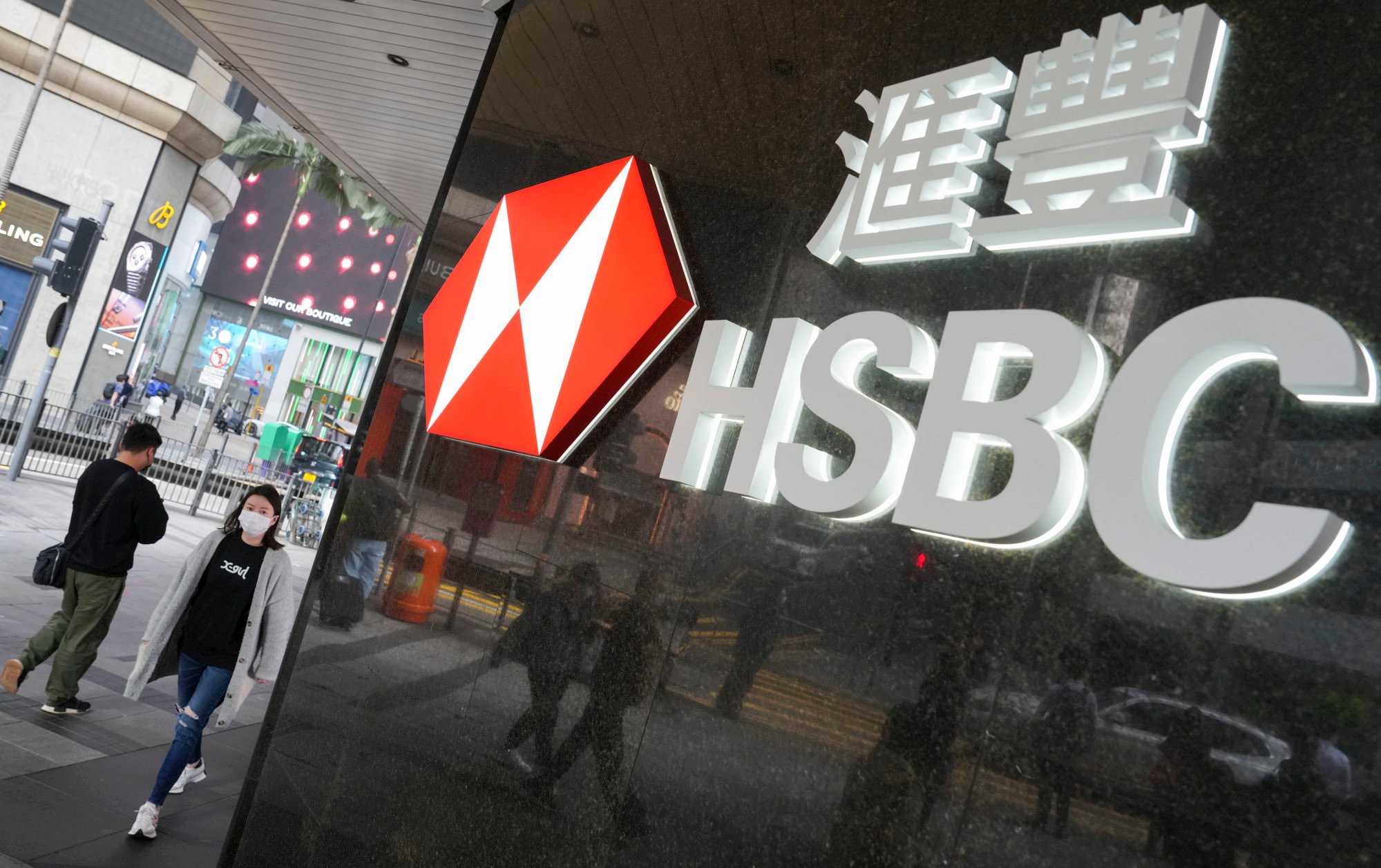
HSBC and 4 other banks broke UK competition law with bond-trading communications: regulator
- UK’s Competition and Markets Authority has provisionally found that five big banks including HSBC shared ‘sensitive’ information about bond trades
- Lenders could face fines in inquiry that has been ongoing since 2018
The HSBC allegations refer specifically to a former HSBC trader sharing information with a Deutsche Bank trader regarding gilts between October 2009 and July 2010.

“HSBC refutes the CMA’s allegations,” a spokesperson for HSBC, the largest of Hong Kong’s three currency-issuing banks, said. “We will continue to make our case to the CMA as appropriate whilst we await a final decision.”
Deutsche Bank alerted the CMA to the alleged unlawful activity and Citi applied for leniency during the inquiry, with both banks admitting to being involved in anticompetitive behaviour, the CMA said. The inquiry began in November 2018.
“Deutsche Bank proactively reported the issue to the UK authority and has cooperated fully in the subsequent investigation, which related to activity prior to 2014,” the bank said in a statement.
Provided that the banks continue to cooperate and comply with the conditions of leniency, Deutsche Bank will avoid a fine and any fine issued to Citi would be discounted, the CMA said.
Citi has also entered a settlement agreement with the CMA, which would entitle it to a further reduction in any fine imposed. “We have cooperated fully with the CMA on this matter and are pleased to put it behind us,” a Citi spokesperson said.

RBC, HSBC and Morgan Stanley have not admitted to wrongdoing in the matter.
RBC said it has “cooperated fully” with the CMA’s investigation and takes any allegations of employee misconduct very seriously. Morgan Stanley said it cooperated fully with the investigation, but disagreed with the provisional findings and intends to contest them.
The regulator said its inquiry is ongoing and it will publish an infringement decision and may issue fines if it reaches a final conclusion that two or more banks engaged in anticompetitive behaviour. The banks have the opportunity to respond to the provisional findings before the CMA makes its final decision in the matter.
The contacts between Deutsche Bank and HSBC did not include the BOE buy-back auctions, the regulator said.

